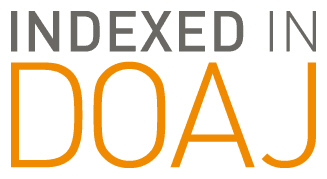Abstract
This article explores the role of therapist self-disclosure in clinical settings. Distinctions are made between the enmeshed concepts of privacy, secrecy, and confidentiality to elucidate the role of ignorance in maintaining the power dynamics in therapeutic relationships. While some measure of privacy is essential to counseling practice, secretive behavior (in which the counselor divulges too little about themselves) can have a negative impact on the therapeutic relationship and the client’s therapeutic outcomes. There is, therefore, an under-appreciated and delicate balancing act between withholding information to protect the client and the counselor and revealing enough personal details to empower the client’s recovery. While it is difficult, if not impossible, to establish hard-and-fast rules for when and what personal details counselors should disclose, understanding the negative effects of secrecy and the nature of ignorance it engenders provides counselors with the tools to identify beneficial self-disclosure and detrimental withholding.
Recommended Citation
williams, izaak L. and O'Connor, Peg
(2019)
"Power in the Counseling Relationship: The Role of Ignorance,"
Journal of Human Services: Training, Research, and Practice: Vol. 4:
Iss.
2, Article 3.
Available at:
https://scholarworks.sfasu.edu/jhstrp/vol4/iss2/3
Included in
Clinical and Medical Social Work Commons, Cognitive Behavioral Therapy Commons, Community Health Commons, Counseling Commons, Counseling Psychology Commons, Other Mental and Social Health Commons, Psychiatric and Mental Health Commons
Tell us how this article helped you.
